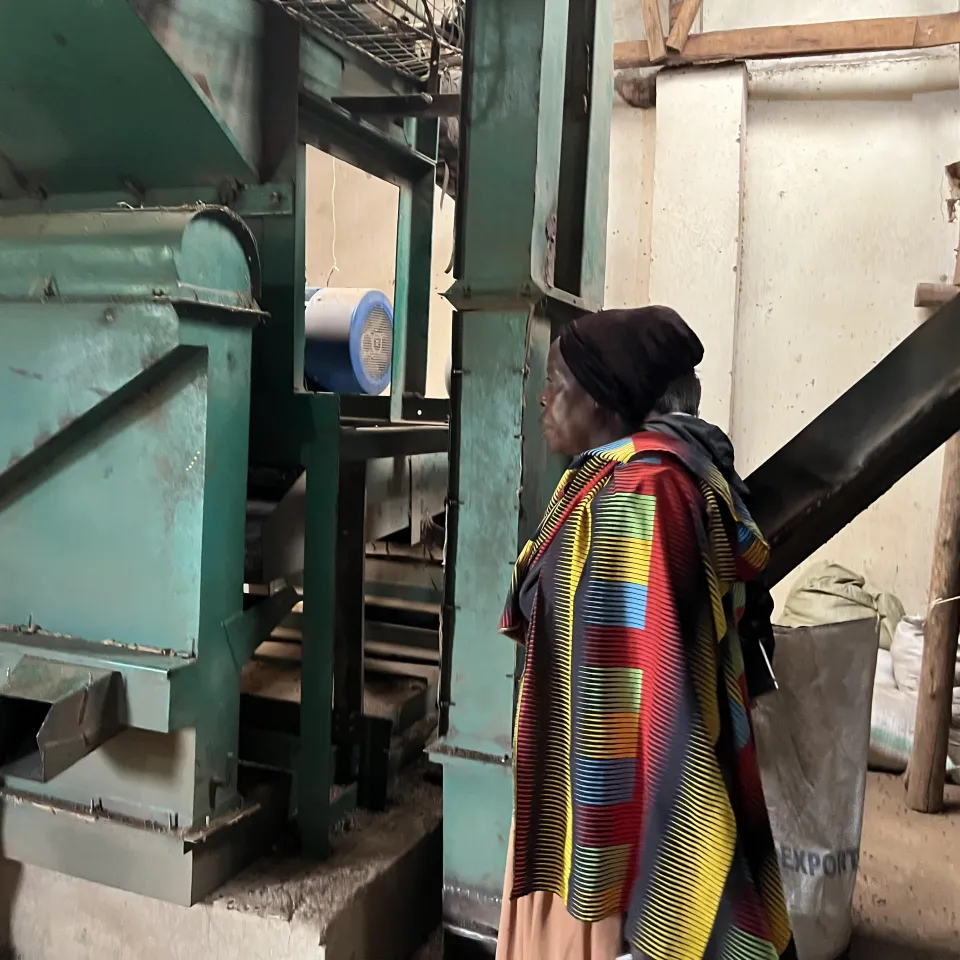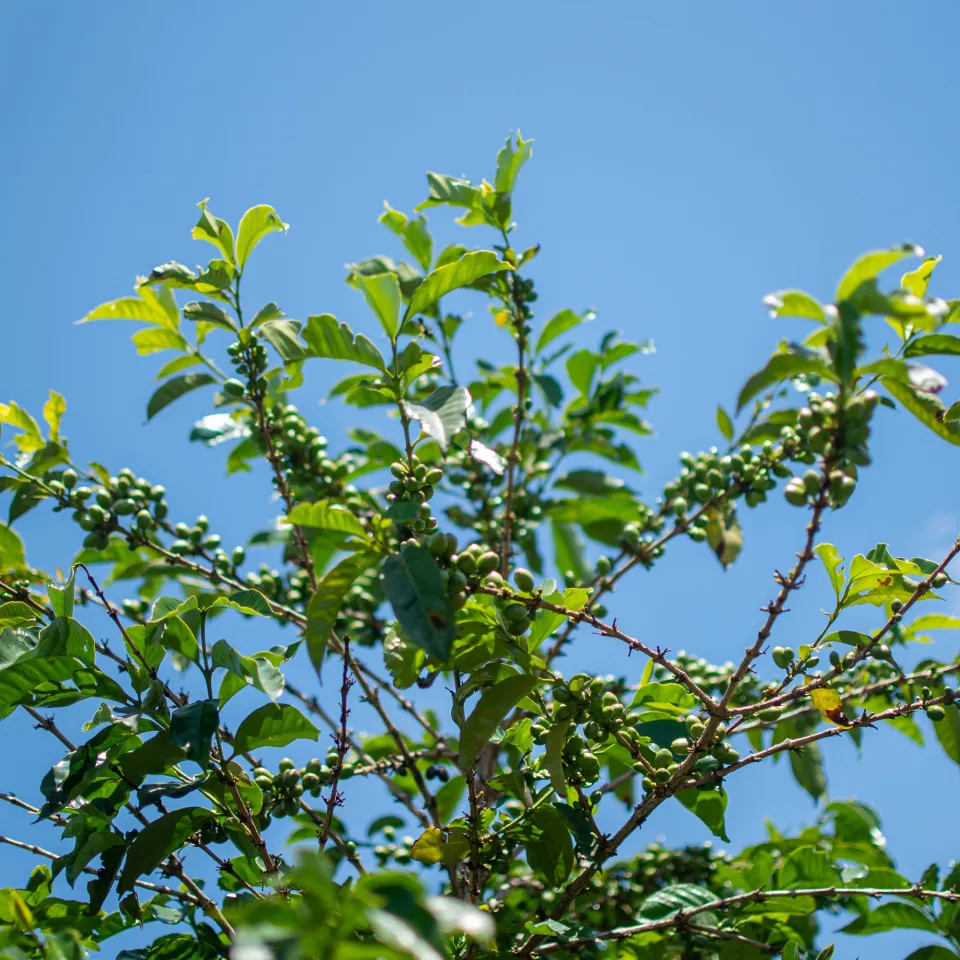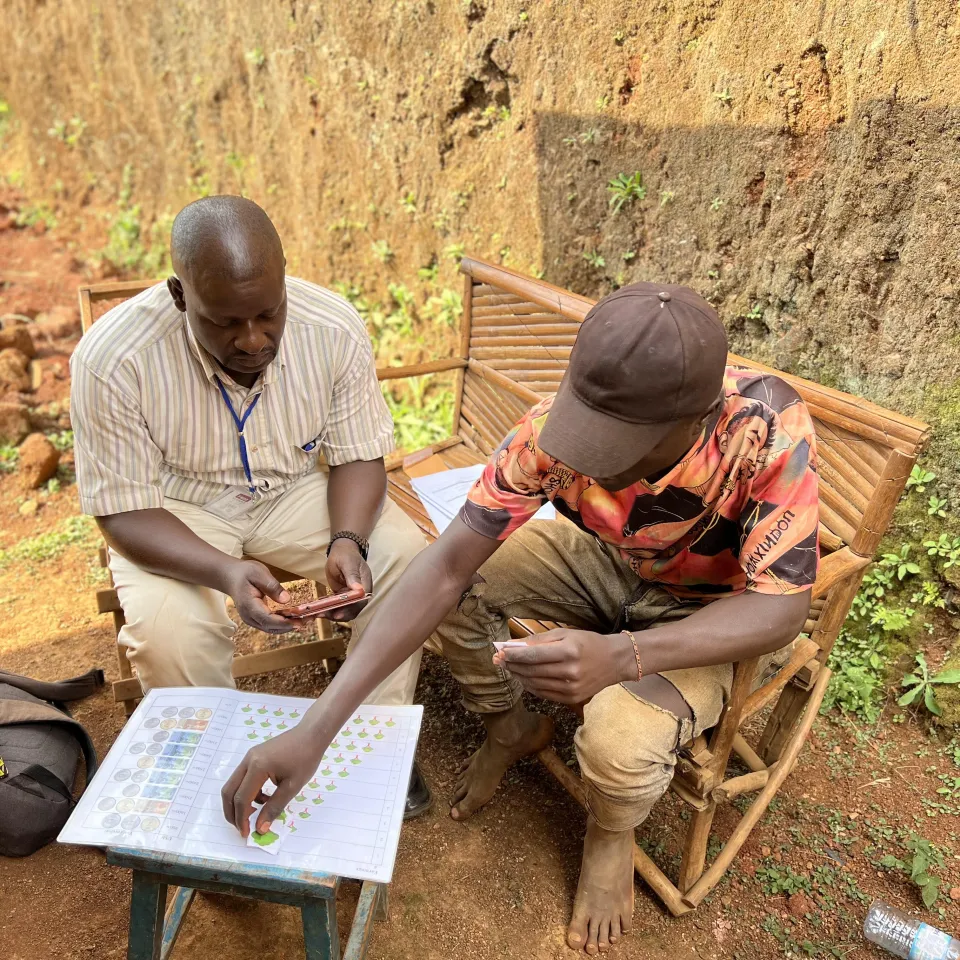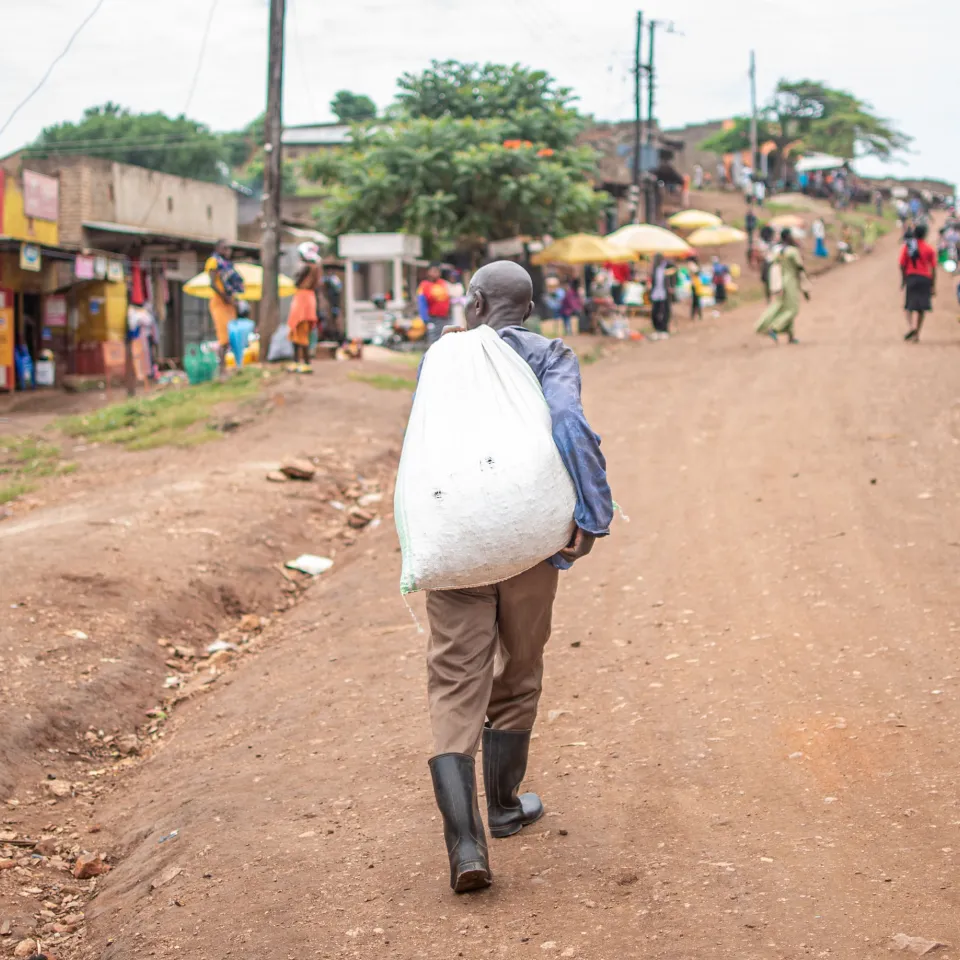IGNOSI is a leading research consulting firm dedicated to delivering evidence-based insights for impactful decision-making. Since 2015, we have partnered with multilateral organizations, government agencies, educational institutions, private firms, and non-profits across Uganda.
Our expert team specializes in applied research, covering design, implementation, and evaluation of development initiatives. With extensive experience across sectors we generate credible knowledge that drives organizational learning, accountability, and informed action.
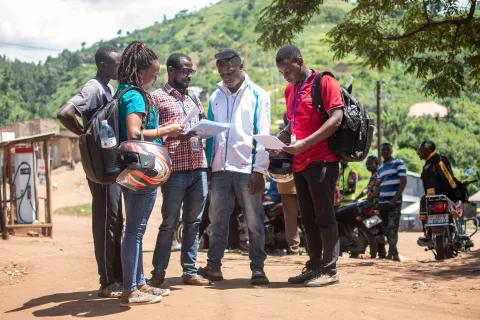
What we do
APPLIED RESEARCH
We provide technical expertise and contribute local knowledge to clients from the private sector, governments, academic institutions, NGOs, and multilateral organizations who seek practical solutions to real world challenges.
DATA ANALYTICS
Generation of clean and reliable data represents only a preliminary step in the process of evidence-based inquiry. The key challenge is to acquire insights from the data that can be applied to address real world business and development challenges and improve organizational decision making.
KNOWLEDGE CREATION
The aspiration to add value across all spheres of society and serve a varied client base underpins our identity as a learning organization. In-depth knowledge of the social, cultural, political and economic environment in each study setting is pivotal to the investigative process that characterizes our evidence work.
Project Highlight
Forest Conservation - Carbon Credit
Tropical deforestation threatens biodiversity, carbon storage, watershed function and rural livelihoods. Forest loss is particularly acute in sub- Saharan Africa, where deforestation rates are the highest in the world. Between 2000 and 2020, total tree cover in Uganda decreased by 12% and accounted for 43 the release of 413 Mt of CO2 emissions. Ignosi Research along with researchers from University of New South Wales, Sydney and Oregon State University set out to study effective ways to design Payments for Ecosystems programs. This study, conducted from 2022-2023, involved 1,600 households in eastern, central and western Uganda.
